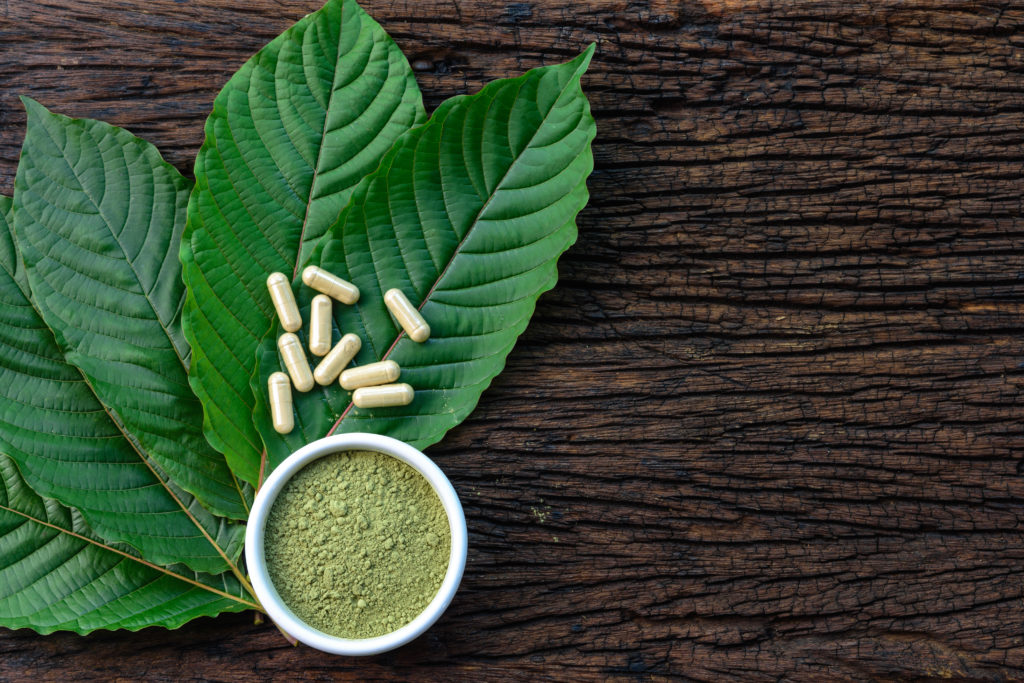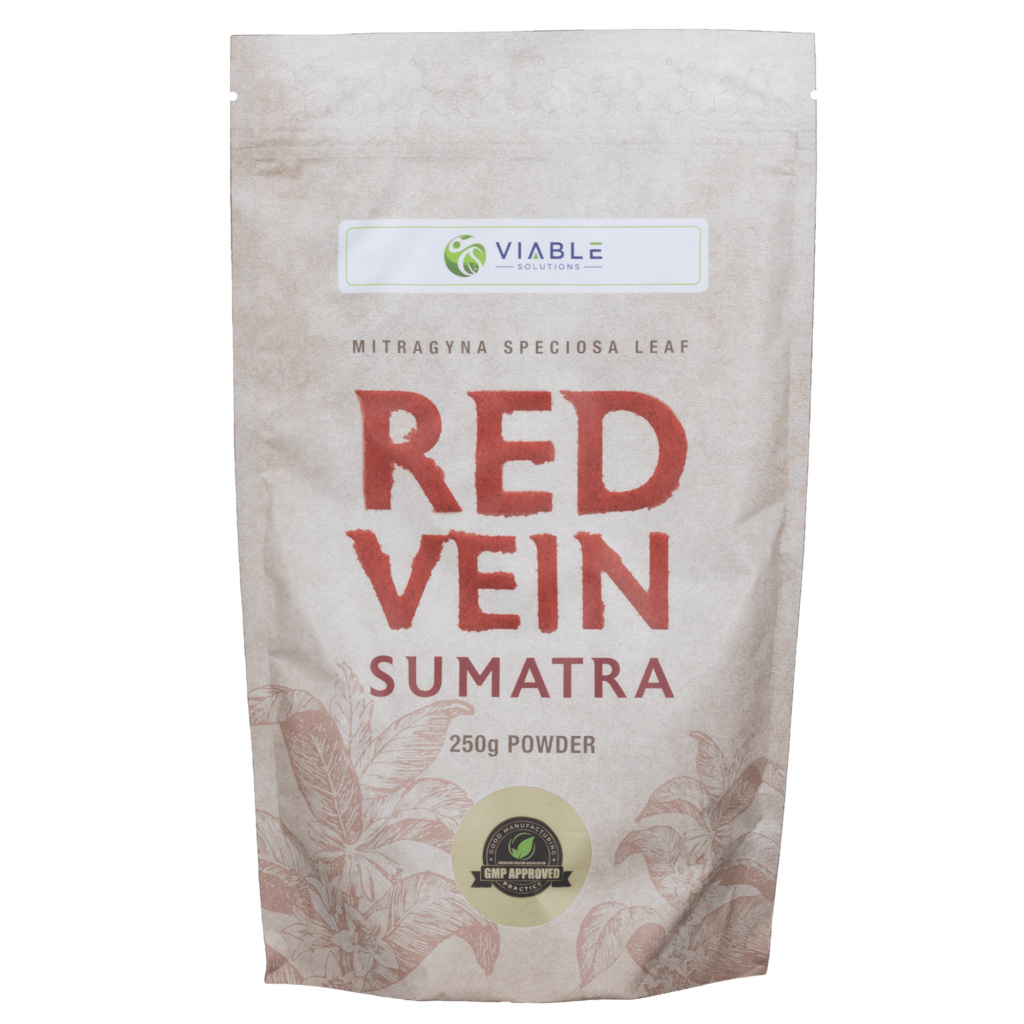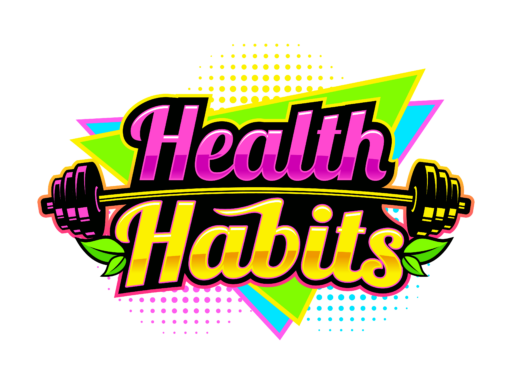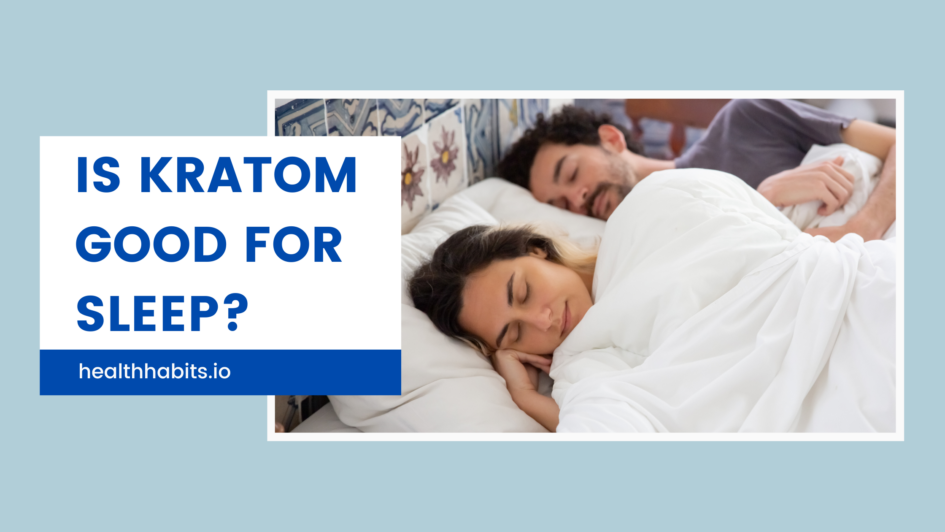Preface: This article is part three in a series on supplements reported to help sleep. In it, we take a look at whether these popular supplements have merits for helping sleep and what risks and downsides may come with them. Here are the previous articles on melatonin for sleep and magnesium for sleep.
If you thought we were getting controversial when we were talking about melatonin, then get ready for us to take the controversy up a notch, because we’re discussing a supplement that you can’t even buy at your local supplement shop in many states: kratom. Specifically for today, kratom for sleep. In even going to put this disclaimer below.
Disclaimer: This website does not provide medical advice and is for informational purposes only. Please consult your physician with any questions you have before taking a supplement of any kind.
What is Kratom?
First off, what the hell is kratom? In simple terms, it’s an herbal supplement from a tropical evergreen tree in Southeast Asia, where it’s been traditionally used as a medicine.

Without getting too much into it in this article, the concerns with kratom arise for a few reasons. First, there isn’t much scientific research on kratom.
Second, because it’s unregulated, most kratom is packaged in sketchy circumstances, leading to contamination. Salmonella (a bacteria) contimation has been found in hundreds of instances. Of the former, those concerns still exist. That’s why many proponents of kratom are pushing for more research.
The latter concern can be easily avoided by choosing a company that’s transparent in their manufacturing and third-party tested. In that vein, we have full-confidence in Viable Kratom precisely because of their transparency and proven integrity. They’re GMP (good manufacturing practices) certified by the American Kratom Association. So if you do decide to give kratom a try, avoid all the shady websites and companies, and just get it from Viable.
Just because it lacks research, doesn’t mean it lacks value.
Back to the former concern, lack of scientific research does not mean there’s a lack of efficacy. Just because large, centralized agencies don’t approve, does NOT mean they don’t have a place. The swift rise of psychedelic science in the last decade offers an excellent example of that. We now know, and are increasingly learning, that psychedelic compounds have many effective uses and are being looked at closely in clinical trials.
Like psychedelics, we suspect that with more research kratom will bear out much more nuance than organizations like the FDA are willing to admit right now. As individual users, we can look at this nuance and decide if it’s right for us.
Second, if you’re always waiting for ‘consensus,’ you’re going to miss out due to opportunity cost. Practitioners and “in the trenches” people have been decades ahead of practices ranging from meditation and breathwork, to psychedelics. If you wait for consensus, you’ll likely be decades behind. As long as you experiment safely, beginning in smaller doses from a pure, trusted source, then you can cap the downside and long-term risk.
How Could Kratom Help Sleep?
In vain of in-depth research, what are some of the current explanations for how kratom helps sleep? At the heart of it is understanding that kratom contains ingredients called alkaloids. In particular, it contains two alkaloids known as mitragynine (MG) and 7-hydroxymitragynine (7-HMG). While we don’t fully understand the mechanism, these compounds attach to what are called “opioid receptors” in the brain (because actual opiates attach to the same receptors).
These are NOT opiates, but they may work chemically similar in the brain, but without nearly the addictive potential or harmful side effects. This points to its potential uses for opioid withdrawal, which we won’t discuss in this article.

Kratom Reduces Pain Which Can Help You Sleep
If one of the reasons you can’t sleep well is because of serious pain, kratom may be a useful tool to improve your sleep in the short term. Kratom, despite its controversy and lack of research, clearly works to reduce pain. After a surgery, when you especially need good sleep, kratom can perform a similar role to serious painkillers, which of course carry lots more addictive potential and downside. Remember to listen to your doctor, but you can ask if kratom can replace at least some use of painkillers, or help you wean off them into a drug-free recovery.
If you suffer from chronic pain, kratom at lower doses can ease this and help you sleep better.
Sedative Effects at Higher Doses
In Thailand, lower doses of kratom have been used as a stimulant for hundreds of years. However, at higher doses, people report that kratom helps you get to sleep. That creates an interesting situation where we don’t have a consensus on whether it’s a stimulant or sedative, or why it could be both.
One explanation for this made by kratom experts, distributors, and practitioners, is that different strains of kratom may have more sedative and less stimulating effects, and therefore work better for sleep. After interviewing and surveying kratom experts and users, here are our picks for the best strains of kratom for sleep.
What Strains of Kratom Are Best for Sleep?
As for which specific strains work best, we don’t have clear research. But we do have piles of anecdotal reports from kratom users, and a potential chemical explanation.
In general, users have found that red strains of kratom are more effective for sleep, in contrast to white strains or green strains, which are a blend of red and white. Sort of like tea, the species is the same, but the different strains have slightly different chemical compounds. Black tea, for example, has more caffeine than the younger green tea.
Red kratom strains test lower in mitragynine, one of the main alkaloids responsible for kratom’s effects, and the one that gives the most stimulating effect. Without the stimulant, you can get to sleep. As to how specifically it can help with sleep, that is still unknown.
Based on anecdotes though, red kratom works better for sleep.
For pure red strains of kratom, Viable has TWO options, the red vein Borneo and the red vein Sumatra. These are not blends, so they contain no green or white kratom. Both are third-party tested to meet the American Herbal Product Association Testing Requirements for Botanical Products.
The differences between the two in general come from the type of tree they come from. Viable states that Borneo is a more gentle experience to start out with, so that might be the better option for first-time users.

Learn more about Viable Red Vein Borneo Kratom.

Learn more about Viable Red Vein Sumatra Kratom
Can Kratom in The Long-Term Harm Sleep?
Like any substance that affects brain receptors directly, the more you use it, the more you’ll desensitize the receptors, just like how we talked about in the context of caffeine.
Also like caffeine, if used habitually you can begin to grow dependent on it. Unlike caffeine, though, with some downsides but nothing dangerous, regular kratom use can have more serious negative consequences.
Users have reported problems like nausea, itching, and most notably, liver problems. Anecdotal reports have also said that they have a hard time sleeping when withdrawing from kratom use. Logically this makes sense, because if your brain has gotten used to sleeping with certain receptors, withdrawing those will cause a change.
Just as drinking alcohol every day is a terrible idea, so would using almost any substance, and that includes kratom. That does NOT mean it does not have many valuable applications in the right types, doses, and circumstances.
Yes, which is why we recommend not using it habitually, and if so keep your usage under 5 grams per day, as many users report.
How Often Can You Take Kratom For Sleep?
Then the question begs, how often is okay? An area like this is where specific research would be immensely helpful, because we simply don’t have the data to give an easy recommendation like “once a week” or “no more than five days in a row” based on controlled experiments. In that sense, you’ll have to use your judgment, and only use kratom to sleep if you need it.
As we talked about in the context of melatonin, if you have trouble sleeping on a regular basis, make sure you improve your sleep hygiene first. Avoid screens before bed, get sunlight in the morning, have a calming routine as you approach bedtime. If you can’t handle the fundamentals, you have no business getting fancy with supplements and substances that carry risk.
Do Melatonin and Kratom Mix for Sleep?
We wrote an article about melatonin for sleep. As we talked about, melatonin has a lot of problems. Again, we’re not talking about the hormone melatonin, which is absolutely essential and which we should try to maximize as we get towards bedtime, but supplemental melatonin.
Adding kratom to that equation doesn’t change this. Therefore it doesn’t make much sense to supplement with melatonin and red kratom at the same time.
If you take a high dose of red kratom and still can’t sleep, then you probably have a kratom dependence problem. If you take a high dose of melatonin and still can’t sleep, then you probably have a melatonin dependence problem.
In either case, the solution is to go back to the basics and learn how to naturally improve your sleep. We cover that in this article on 5 habits to fall asleep fast.
The Ultimate Answer: Is Kratom Good For Sleep?
Kratom has gained attention for its potential benefits in improving sleep. Despite the lack of scientific research on kratom, anecdotal evidence suggests its usefulness in sleeping.
While kratom may offer potential benefits for sleep, you should also prioritize healthy sleep habits and address the root causes of sleep issues before turning to supplements.
If you are ready to give kratom a try, be sure to only purchase kratom from reputable sources that follow transparent manufacturing processes and undergo third-party testing to ensure quality and safety.
Click here to find high-quality at the best price available.

FAQ for “Is Kratom Good for Sleep?”:
Q: Is kratom backed by scientific research for its sleep-promoting effects?
A: Currently, there is limited scientific research on kratom’s effects on sleep. There is evidence that shows kratom aids in healthy sleeping.
Q: Are there different strains of kratom that are more effective for sleep?
A: Yes, red strains of kratom may be more effective for sleep compared to white or green strains.
Q: Can kratom be habit-forming or have negative consequences for sleep?
A: Yes, regular and prolonged use of kratom can lead to dependence and negative consequences. It is important to use kratom responsibly and in moderation.
Q: How often can kratom be used for sleep?
A: There is no clear guideline on how often kratom can be used for sleep due to the lack of research in this area. It is advisable to use kratom for sleep only when necessary and to prioritize healthy sleep habits as the foundation for good sleep.
Q: Can kratom be combined with melatonin for sleep?
A: Combining kratom with melatonin is not recommended, as both substances have potential dependence risks. It is advisable to focus on improving sleep naturally and addressing underlying sleep issues rather than relying solely on supplements.
Q: Where can I purchase high-quality kratom?
A: Click here to shop at Viable Solutions and find the best product for you.


September 27, 2022 at 4:02 am
Way cool! Some extremely valid points! I appreciate you penning this article plus the rest of the website is extremely good.